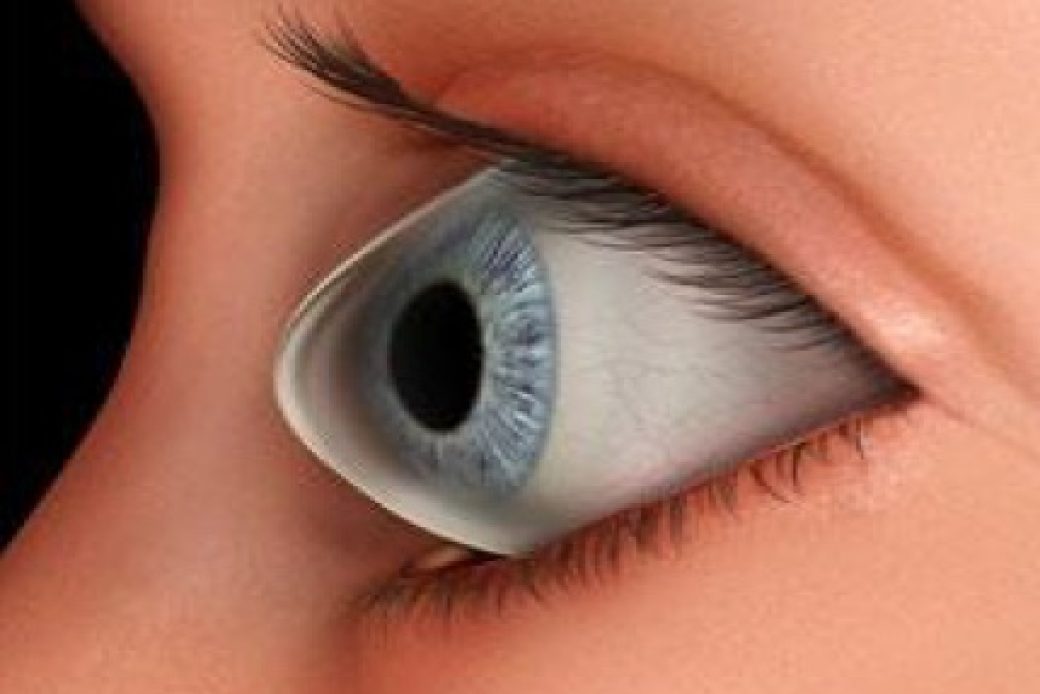See Clearly Again With Eyeris: How Treatment Can Improve Vision For Keratoconus Patients
Keratoconus is a degenerative disorder of the eye, where the cornea changes from its regular shape to becoming cone-shaped.
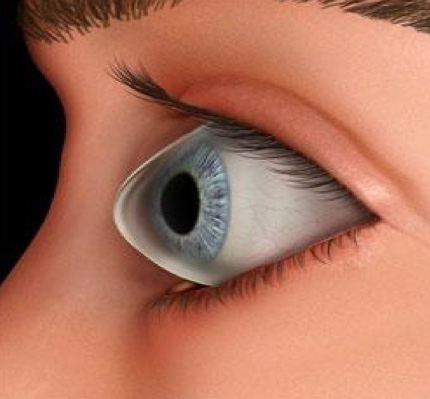
It is associated with other atopic conditions such as allergy, asthma and eczema but the exact cause is uncertain.
About one in 2,000, people are affected by keratoconus. The disease progresses for four to seven years. Keratoconus affects both eyes in about 96% of cases, with one eye typically progressing more than the other.
Keratoconus can cause substantial distortion of vision and increased sensitivity to light and is typically diagnosed in patients in their adolescent years. In the early stages, spectacles or soft contact lenses may be used to correct mild short-sightedness and astigmatism.
As the disorder progresses and the cornea continues to thin and change shape, the vision cannot be corrected by spectacles and specialized contact lenses, usually, rigid gas-permeable contact lenses are prescribed to correct vision more adequately. The rigidity of a GP lens helps to smooth out the front surface of the eye and improve vision — usually by several lines on the visual acuity chart.
The contact lenses must be carefully fitted, and frequent checkups and lens changes may be needed to achieve and maintain good vision.
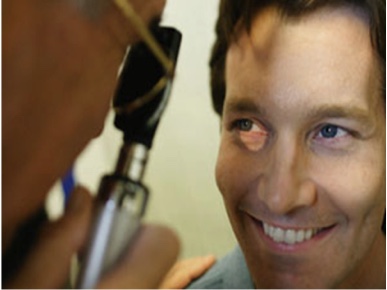
Corneal crosslinking is a new treatment option under investigation to halt the progression of keratoconus.
Crosslinking was developed in 1998 by Theo Seiler, MD, and has been shown in numerous clinical trials to strengthen the cornea. The procedure takes about 60 to 90 minutes, where the epithelium (the thin layer covering the eyes surface) is removed, riboflavin eye drops (a form of vitamin-B2) is applied and this is followed by treatment with ultraviolet A (UV-A) light.
The aim of corneal crosslinking is to strengthen the cornea by increasing the number of anchors that bond collagen fibers together.
Once crosslinking has been done, in most cases, the corneal shape will either remain stable or actually improve. This can provide patients with improved visual acuity and improved ability to wear contact lenses.
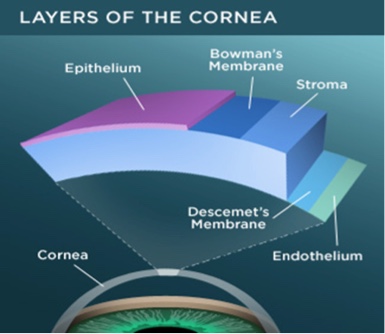
If keratoconus progresses to a point where contact lenses do NOT fit, a corneal transplant is needed. This is due to scarring, extreme thinning or contact lens intolerance. This is a surgical procedure that replaces the keratoconus cornea with healthy donor tissue.
If you suffer from keratoconus – there is help available here in Kenya! At Eyeris there are professionals who specialize with keratoconus contact lens fittings. The initial assessment takes a minimum of one hour. This entails performing a thorough eye examination to ascertain the severity of the keratoconus. In early keratoconus, spectacles may be all that is required.
If the vision correction with spectacles is not satisfactory, a contact lens trial is performed. This involves trying trial lenses that are kept at the practice – there are different types available in soft and rigid gas-permeable materials. Once the patient is satisfied with the vision correction and the comfort of the lenses, these are ordered from overseas – these are all custom-made once all the parameters are provided to the contact lens manufacturer.
Once these lenses arrive, the patient is called in for a ‘teaching session.’ The patient is taught how to insert and remove the lenses and how to care for them. This is important to avoid any adverse effects to the eye.
Once the lenses are collected, the patient is advised to return periodically so that there is constant monitoring to ensure the patient has understood all the procedures and is following them correctly. It is also important to follow up to see if the lenses are fitting correctly as the shape of the cornea can continue to change even after the contact lenses have been fitted correctly. As the disease progresses and the cornea gets more cone-shaped, the lenses have to refitted otherwise they can rub on the ‘cone’ and cause a lot of discomfort to the wearer and cause damage to the cornea.
Tips for contact lens wearers
It is important to call your optometrist immediately if you should experience any of the following abnormal symptoms:
- Pain: when placing lenses on the eyes, while wearing the lenses, or after removing them
- Burning, a sensation of heat, redness, excessive tearing, or discharge
- Inability to keep the eyes open
- Extreme sensitivity to light
- Severe or persistent haze, fog, or rainbows around lights
- Severe irritation
- White spots on the cornea
By complying with the recommended care regimen, recognizing the early signs and symptoms of adverse reactions, and seeking professional care immediately if any complications do arise, patients with keratoconus should be able to look forward to many years of successful contact lens wear. Just a few minutes of lens care each night can ensure a lifetime of success.
Check out the offer of the month
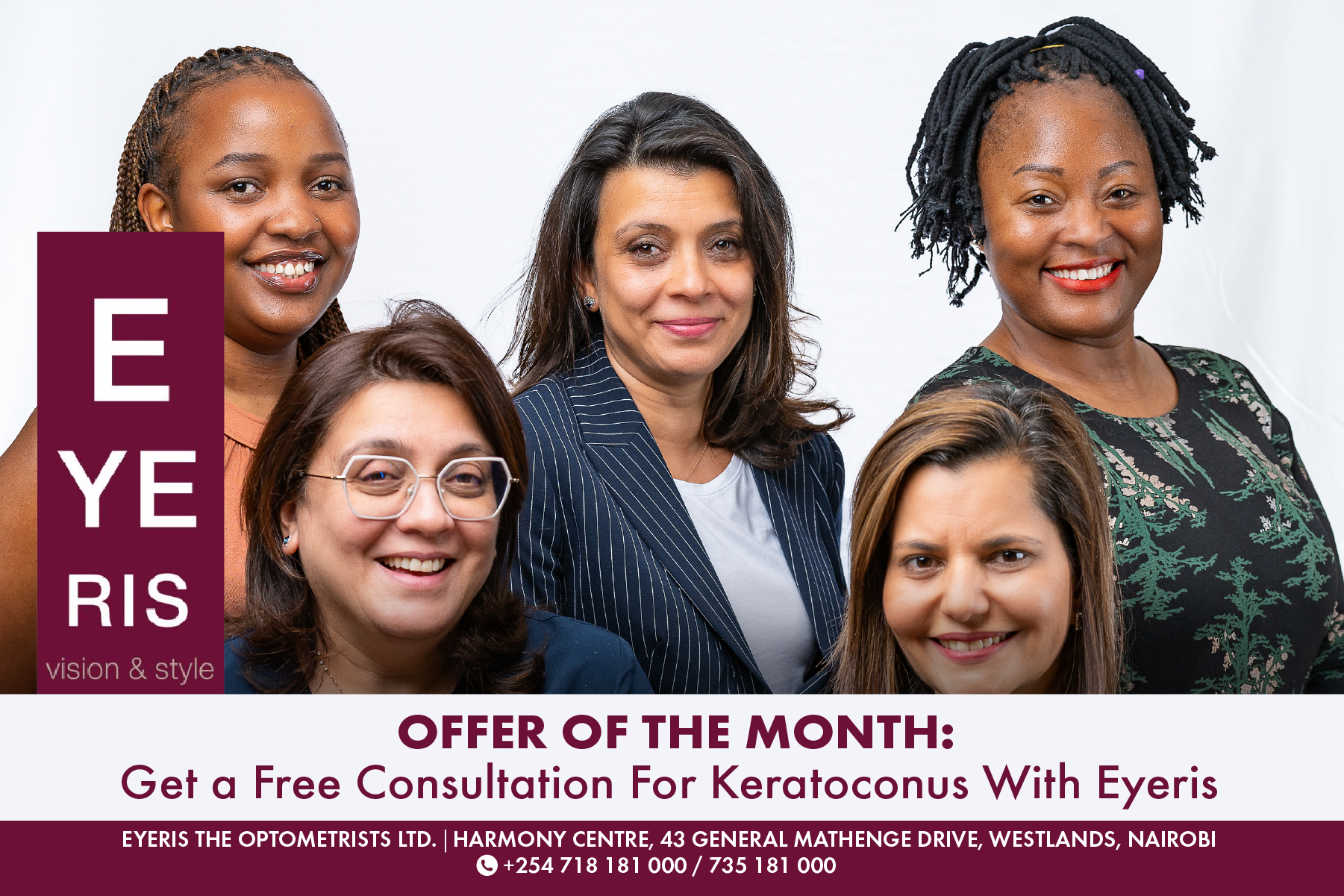
Eyeris The Optometrists
EYERIS always aims at exceeding expectations. When you become a patient of this practice, the health of your eyes will be their first concern, the second being to get the best possible visual performance for all your lifestyle needs.
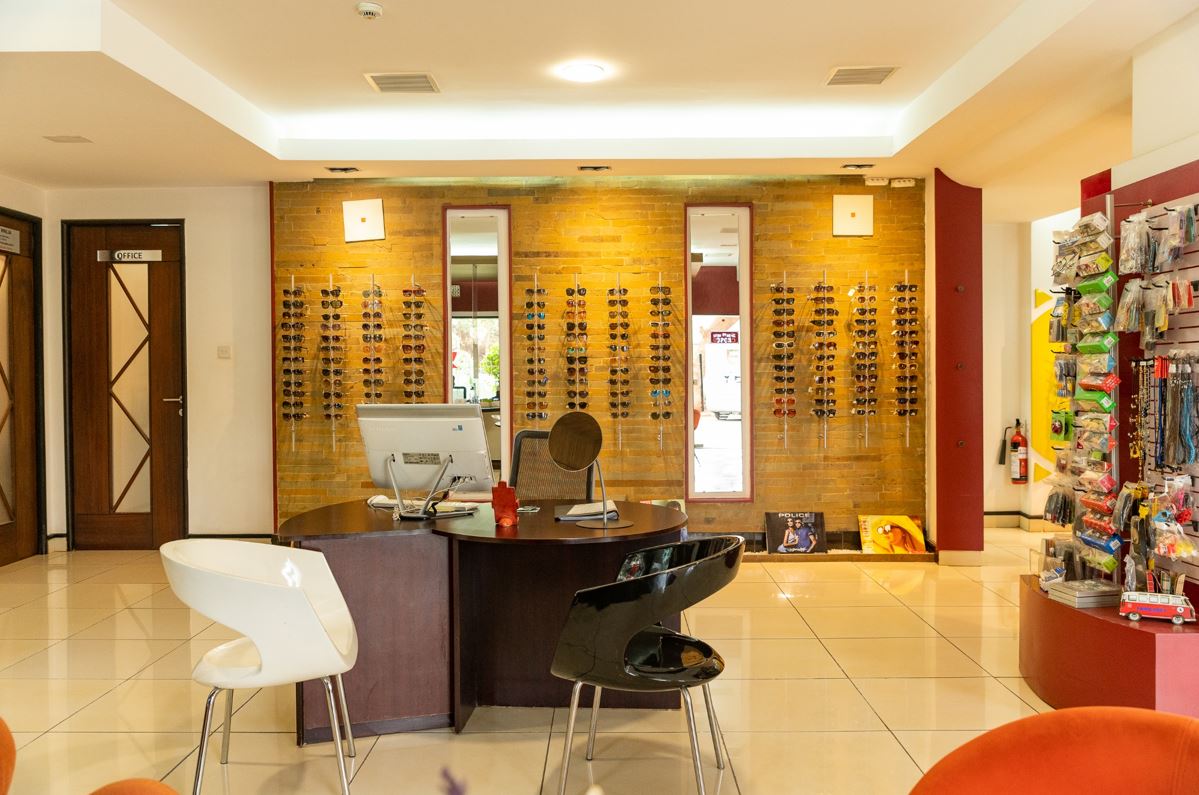
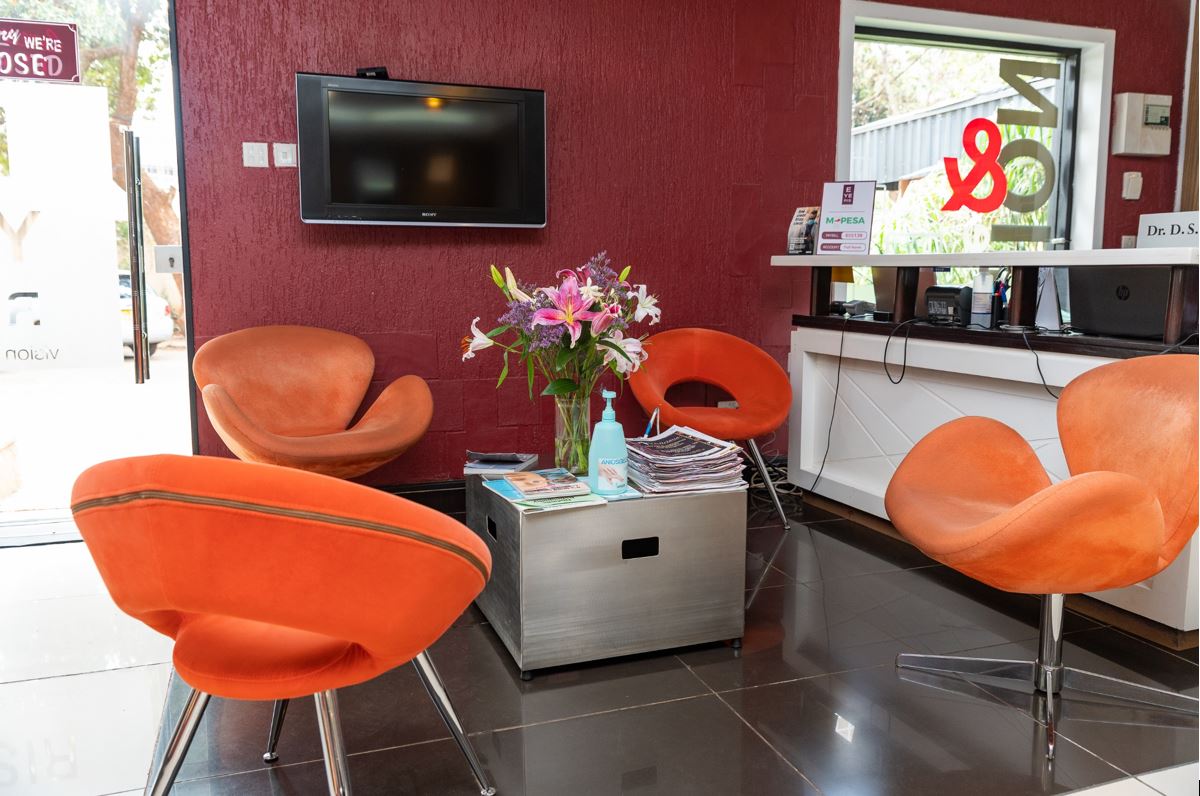
Meet The Team
With a team of optometrists and dispensing opticians who specialize in visual correction and thorough care of the eyes, Eyeris has the latest techniques and equipment used in examining and safeguarding one’s sight.
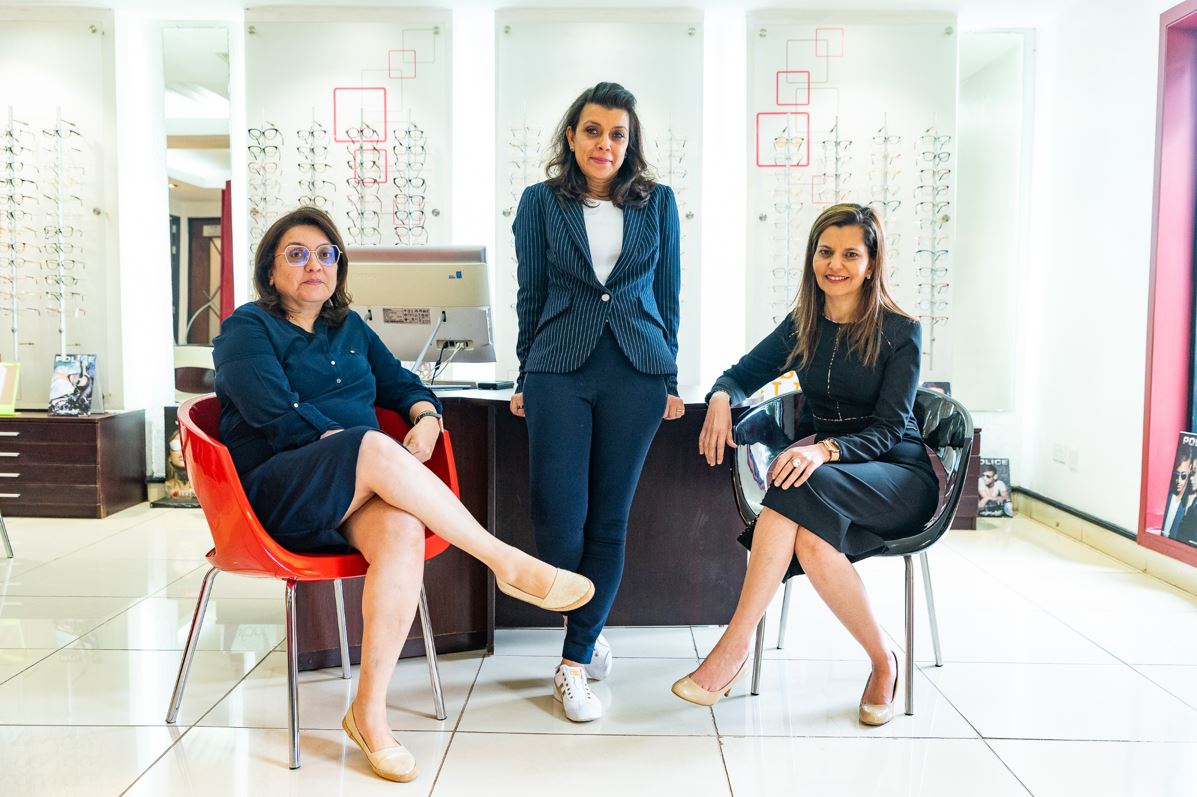
Vision and Style being their driving words, EYERIS is committed to setting a standard of excellence. The practice prides itself with the latest advances in eye health care practices having an array of the most up-to-date vision care technology.

Some of the services and products include routine eye examinations for persons of all ages; thorough retinal examination using advanced technology; dispensing of spectacles by professionals who will advise you on the choice of the frame with comfort and cosmesis in mind; designer and budget eyewear; contact lens fitting, including specialized lenses for astigmatism and keratoconus and low visual aids.
Visit Us At Harmony Centre, 43 General Mathenge Drive, Westlands
CLICK HERE for Directions
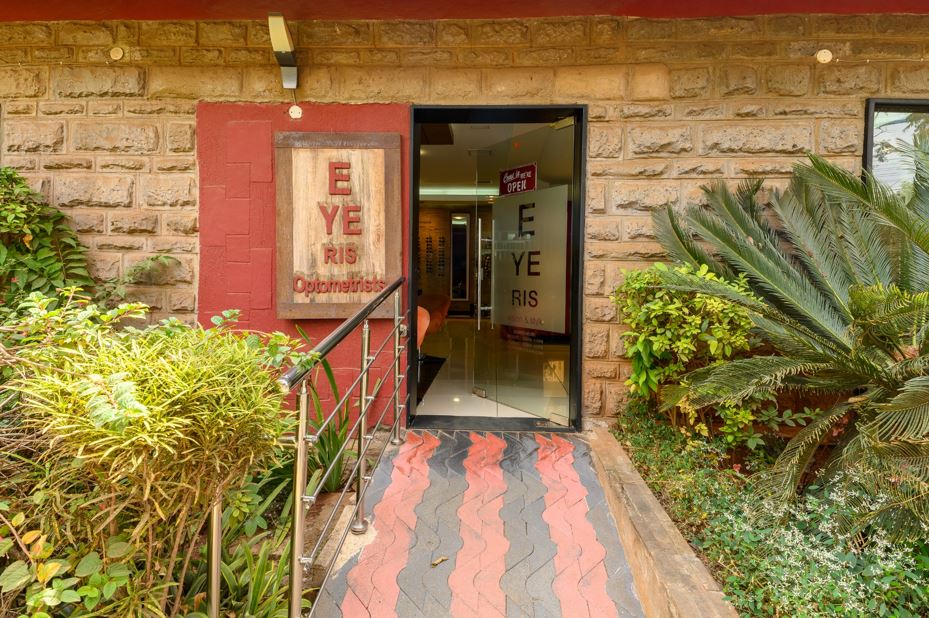
Contact us for consultation
Mobile: +254 718 181 000 | +254 735 181 000
Email: info@eyeris.co.ke
Follow us on Social Media
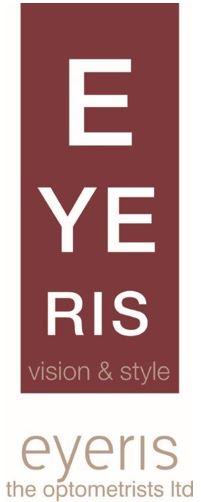
Find Out More on Eyestrain As A Result Of Extended Use Of computers

